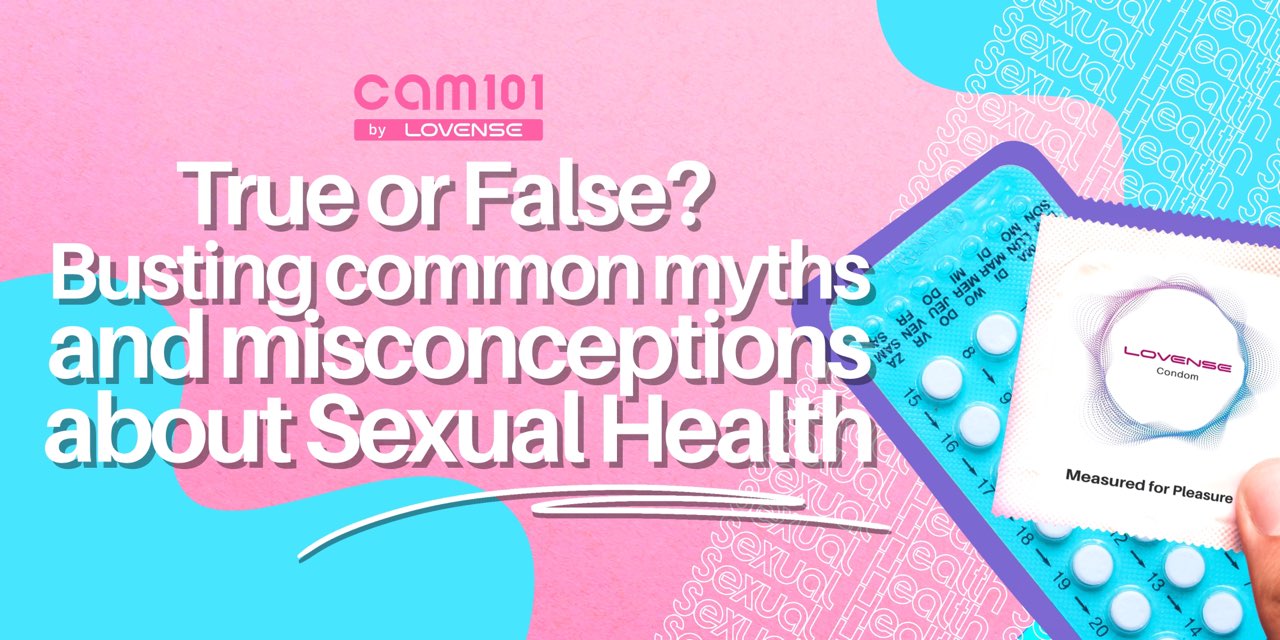
“People with vaginas can get pregnant if they have sex during their period.”
TRUE. Although the chances may be lower, it is still possible for people with vaginas to conceive during this time. Sperm can survive in the reproductive tract for up to five days, and if ovulation occurs shortly after menstruation ends, fertilization can take place.
“Only women can contract sexually transmitted infections (STIs) from their male partners.”
FALSE. Anyone engaging in sexual activity with an infected partner can contract an STI, regardless of their gender. It is vital for everyone to prioritize regular STI testing, practicing safe sex, and maintaining open communication with their partners.
“Having an STI is not always accompanied by noticeable symptoms.”
TRUE. However, many STIs may not exhibit any visible signs or symptoms, leading individuals to be unaware that they are infected. Regular testing and practicing safe sexual behaviors are crucial in preventing the spread of STIs, regardless of symptoms.
“Using two condoms simultaneously provides double the protection against pregnancy or STIs.”
FALSE. Wearing two condoms actually increases the likelihood of friction between them, making them more prone to tearing or breaking. It's essential to use one condom correctly, ensuring proper fit and application, to maximize protection.
Addressing and debunking these misconceptions increases overall sexual health awareness, empowers individuals to make informed decisions, and ultimately promotes a safer and healthier sexual experience for everyone involved.



